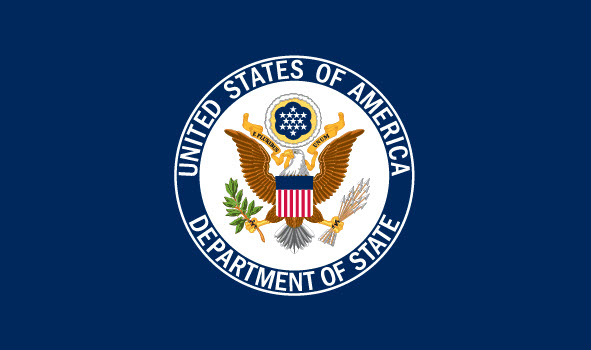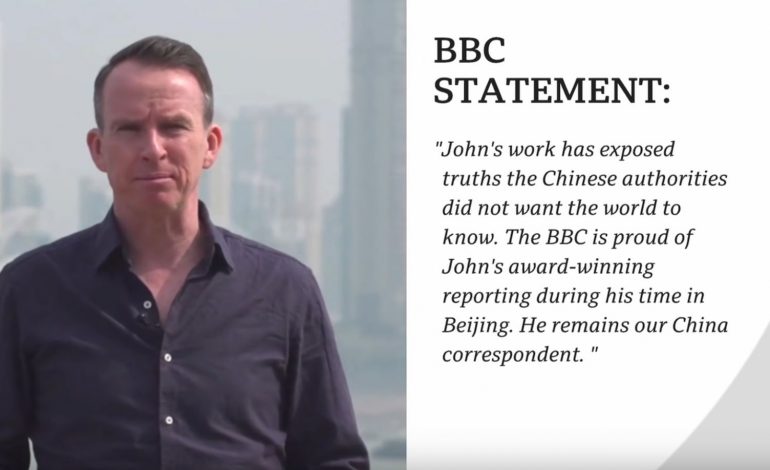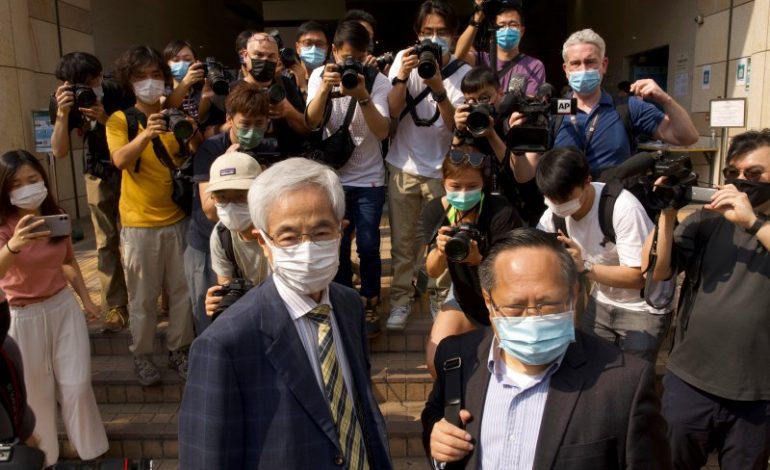
2020 Country Reports on Human Rights Practices: China
The State Department
31 March 2021
The People’s Republic of China is an authoritarian state in which the Chinese Communist Party is the paramount authority. Communist Party members hold almost all top government and security apparatus positions. Ultimate authority rests with the Communist Party Central Committee’s 25-member Political Bureau (Politburo) and its seven-member Standing Committee. Xi Jinping continued to hold the three most powerful positions as party general secretary, state president, and chairman of the Central Military Commission.
The main domestic security agencies include the Ministry of State Security, the Ministry of Public Security, and the People’s Armed Police. The People’s Armed Police continue to be under the dual authority of the Central Committee of the Communist Party and the Central Military Commission. The People’s Liberation Army is primarily responsible for external security but also has some domestic security responsibilities. Local jurisdictions also frequently use civilian municipal security forces, known as “urban management” officials, to enforce administrative measures. Civilian authorities maintained effective control of the security forces. Members of the security forces committed serious and pervasive abuses.
Genocide and crimes against humanity occurred during the year against the predominantly Muslim Uyghurs and other ethnic and religious minority groups in Xinjiang. These crimes were continuing and include: the arbitrary imprisonment or other severe deprivation of physical liberty of more than one million civilians; forced sterilization, coerced abortions, and more restrictive application of China’s birth control policies; rape; torture of a large number of those arbitrarily detained; forced labor; and the imposition of draconian restrictions on freedom of religion or belief, freedom of expression, and freedom of movement.
Significant human rights issues included: arbitrary or unlawful killings by the government; forced disappearances by the government; torture by the government; harsh and life-threatening prison and detention conditions; arbitrary detention by the government, including the mass detention of more than one million Uyghurs and other members of predominantly Muslim minority groups in extrajudicial internment camps and an additional two million subjected to daytime-only “re-education” training; political prisoners; politically motivated reprisal against individuals outside the country; the lack of an independent judiciary and Communist Party control over the judicial and legal system; arbitrary interference with privacy; pervasive and intrusive technical surveillance and monitoring; serious restrictions on free expression, the press, and the internet, including physical attacks on and criminal prosecution of journalists, lawyers, writers, bloggers, dissidents, petitioners, and others as well as their family members, and censorship and site blocking; interference with the rights of peaceful assembly and freedom of association, including overly restrictive laws that apply to foreign and domestic nongovernmental organizations; severe restrictions and suppression of religious freedom; substantial restrictions on freedom of movement; refoulement of asylum seekers to North Korea, where they have a well founded fear of persecution; the inability of citizens to choose their government; restrictions on political participation; serious acts of corruption; forced sterilization and coerced abortions; forced labor and trafficking in persons; severe restrictions on labor rights, including a ban on workers organizing or joining unions of their own choosing; and child labor.
Government officials and the security services often committed human rights abuses with impunity. Authorities often announced investigations following cases of reported killings by police but did not announce results or findings of police malfeasance or disciplinary action.


